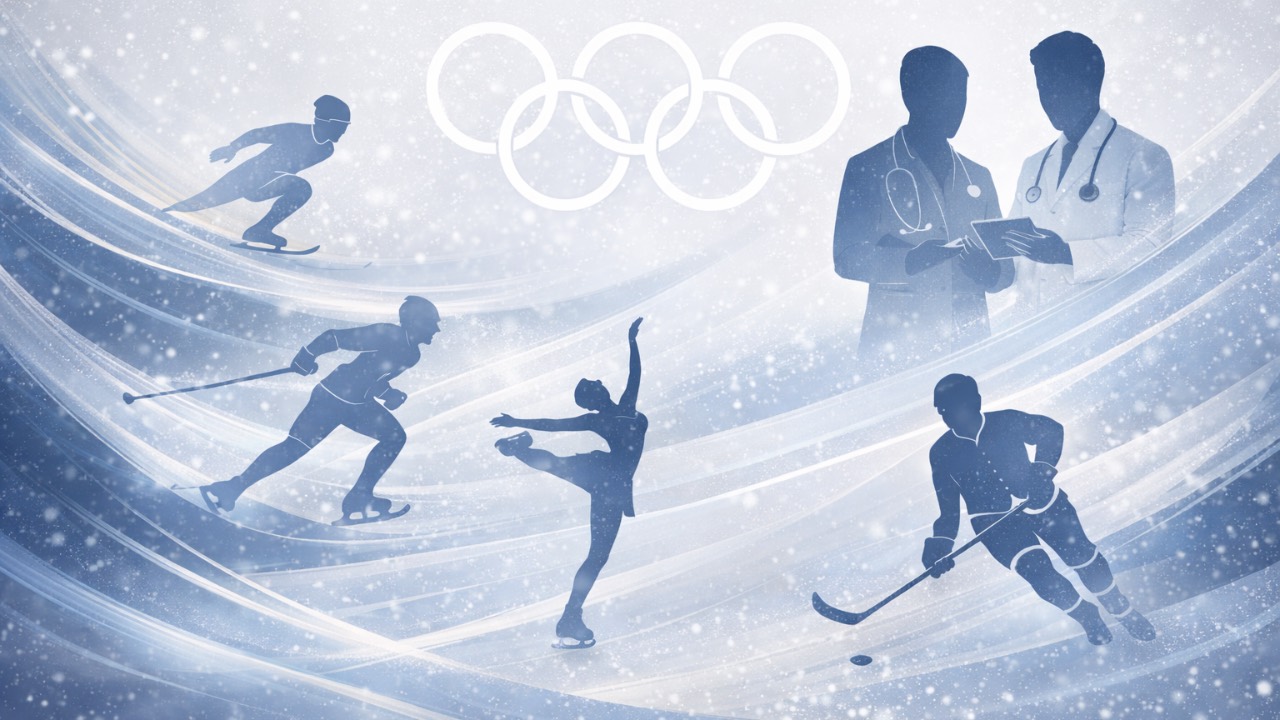A Memory From Intern year
In this week’s blog, I share a memory and discuss a topic many of us tuck away: moral injury. I have come to think of moral injury as the quiet ache when the care you want to give differs with the care you can give. In the blog, I share a story from my pediatric residency that still tugs at me.
Moral injury isn’t burnout. It’s the grief of knowing what could be done but being trapped by red tape, inequities, or simply reality. I explore how these moments shape us, why they linger, and—most importantly—how we can begin to heal without blaming ourselves. =
👉 Read the full post here.
“Out of suffering have emerged the strongest souls; the most massive characters are seared with scars.”
— Khalil Gibran
I’d love to hear from you
Was there a moment in training or practice where you felt the sting of moral injury? A time when “the system” clashed with your oath to heal?
Share it in the comments below the newsletter or reply to this email. Your story isn’t just yours—it’s a lifeline for someone else feeling alone in this struggle.
And if you’re sitting with unresolved weight? Let’s chat. I’m here.
Stay kind to yourselves,
—Ben
---
P.S. Forward this to a colleague who needs it. Sometimes the best medicine is knowing we’re all a little bruised, but still in the fight together.






Responses